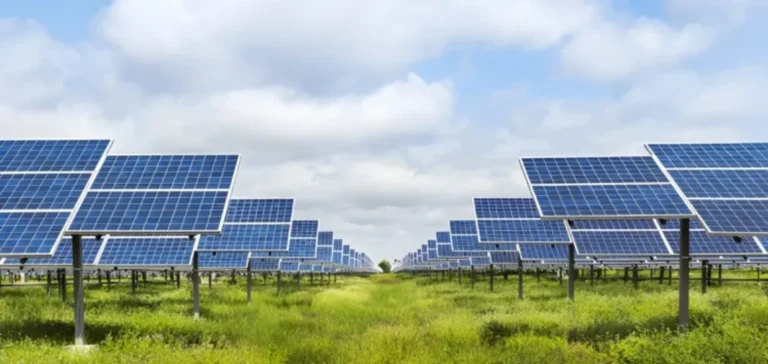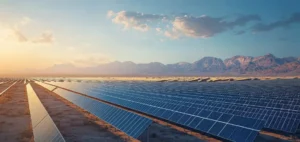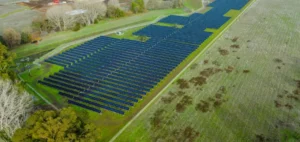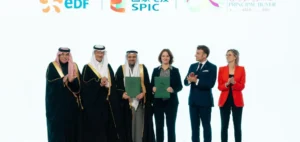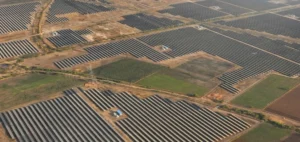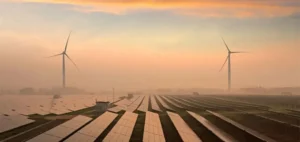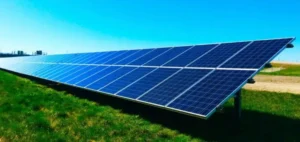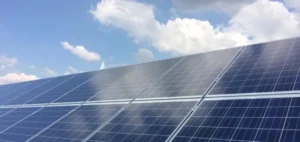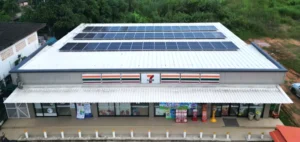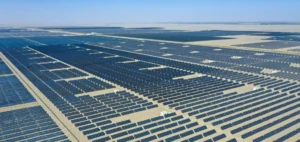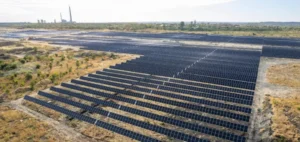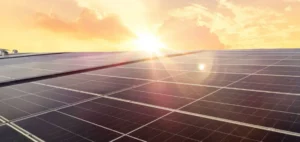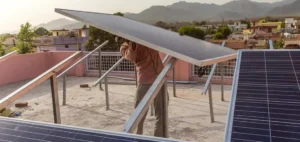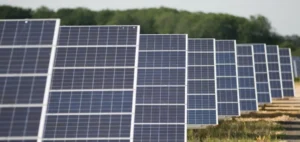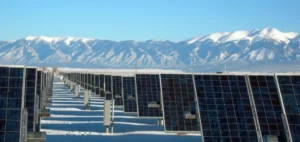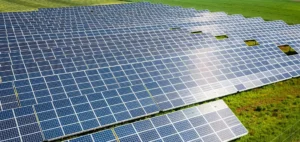Solar energy reached 24% of Pakistan’s electricity mix during the first five months of the year, according to data published by the think tank Ember. This level marks a major increase compared to 2020, when solar accounted for less than 2% of the country’s electricity production, and 10.3% in 2024. This growth results from the massive installation of photovoltaic panels by individuals and businesses, in a context marked by frequent power outages and rapidly rising electricity prices.
Expansion of solar installations and Chinese imports
The widespread adoption of solar energy, long limited to affluent districts, now extends to less privileged areas. Several families are choosing to sell assets or take out loans to purchase panels, inverters and batteries. Pakistan, facing rising demand, mainly sources from China, whose panel exports have sharply increased due to falling prices linked to overproduction and industrial innovation. The country is now among the top three global importers of solar panels.
Challenges to the economic balance of the energy sector
The rise of solar comes as the government is managing an energy sector deficit of $8bn (PKR2 232bn/$8bn). Authorities continue to subsidise fixed-price supply contracts with private operators, some controlled by Chinese groups. This situation adds further pressure to public finances, while the growing share of self-generation reduces revenues from the traditional power grid. A recent government report mentions a risk of increased costs for consumers connected to the grid.
New taxes and regulation of the solar electricity market
Faced with the rapid expansion of the sector, the government has introduced a 10% tax on the import of solar panels and is considering reducing feed-in tariffs for surplus electricity supplied by individuals. This policy aims to limit the impact of self-generation on the sector’s financial balance, in a context where electricity prices have risen by 155% over three years. Industrial players, such as textile manufacturer Hammad Nour, report installation surcharges reaching PKR1.5mn ($4,500), limiting access to solar for small and medium-sized enterprises.
The evolution of the Pakistani market is prompting questions among economic and institutional players, particularly regarding the government’s ability to maintain a balance between support for renewable energy development and the stability of the electricity sector. Pakistan officially targets 60% renewable electricity by 2030, while debates over pricing and network management remain ongoing.


